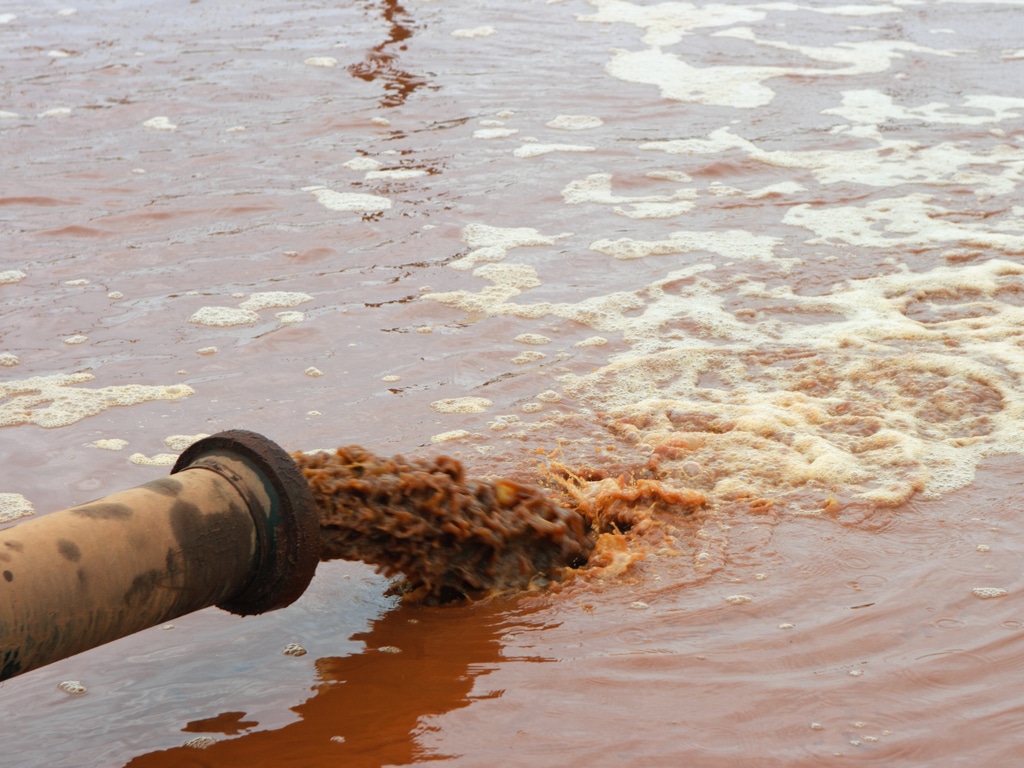The Nile, on which Egypt depends for about 97% of its irrigation and drinking water, is heavily polluted by industrial waste (oil discharge, agricultural waste, chemicals, etc.). According to a report by the public environmental agency published in 2018, 150 million tonnes of industrial waste are discharged into the Nile, other rivers and the sea.
Faced with this situation, the Egyptian government launched on July 25th, 2021, a national monitoring network for industrial pollutants. The network was established by the Egyptian Environmental Affairs Agency (EEAA), in accordance with Article 58 of the Environment Law No. 4 of 1994, as amended by Prime Ministerial Decision No. 1963 of 2017 to monitor industries that pollute aquatic ecosystems.
Read Also – AFRICA: The continent is tackling the tide of waste that fouls the environment
“In Annex 1a of this regulation, all establishments that discharge their waste into the environment must install sensors connected to the national network for continuous monitoring of the environmental system to ensure continuous monitoring,” says Yasmine Fouad, Egypt’s Minister of Environment. In addition, the new network will enable the Egyptian authorities to detect violations more quickly and take appropriate legal action.
Egyptian Sphinx Company for Oils and Detergents is the first company to join the new national network. “This network monitors industrial pollution from Lake Mariout (the Nile Delta lagoon) near Alexandria, Egypt. It is linked to the Egyptian Ministry of Environment’s database and is monitored and tracked in real time and continuously,” says Yasmine Fouad, Egypt’s Minister of Environment. She added that other companies located near this body of water are taking steps to join the network, including Al-Amriya Petroleum Company and the Sidi Kerir Petrochemicals Company (Sidpec).
Inès Magoum
